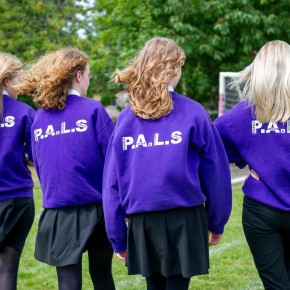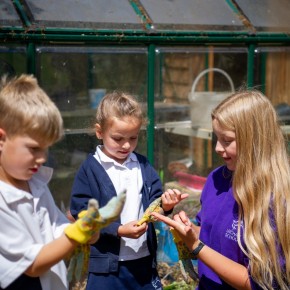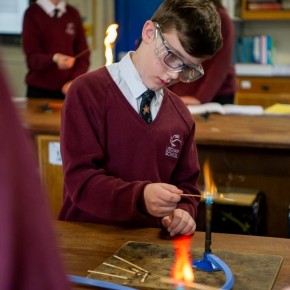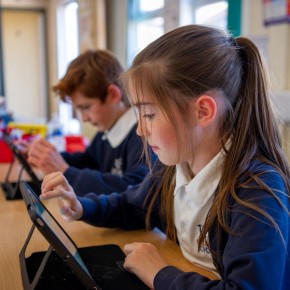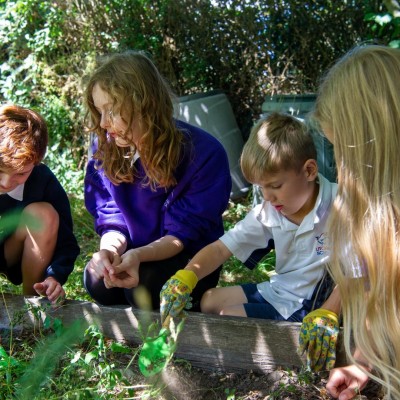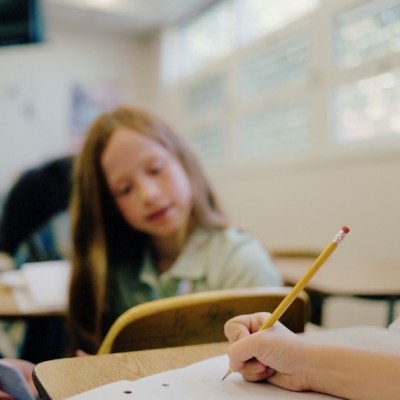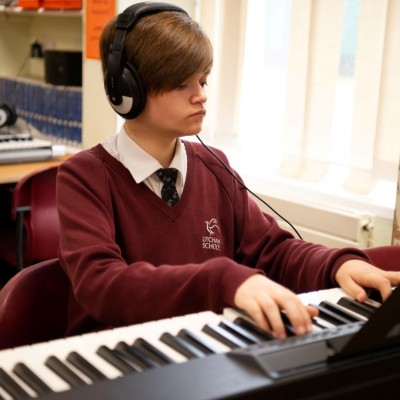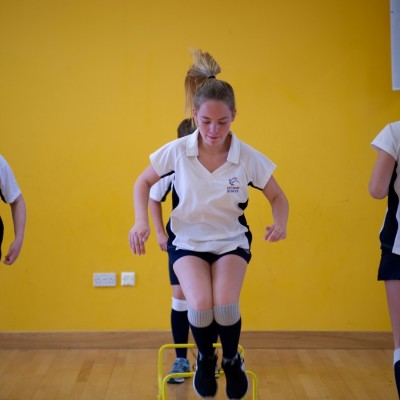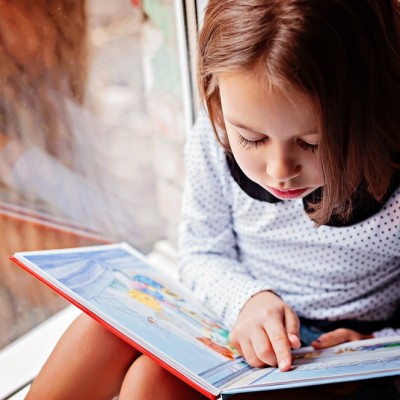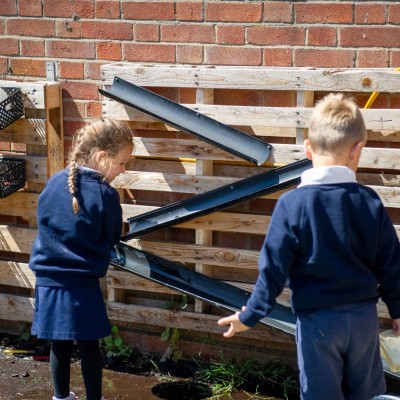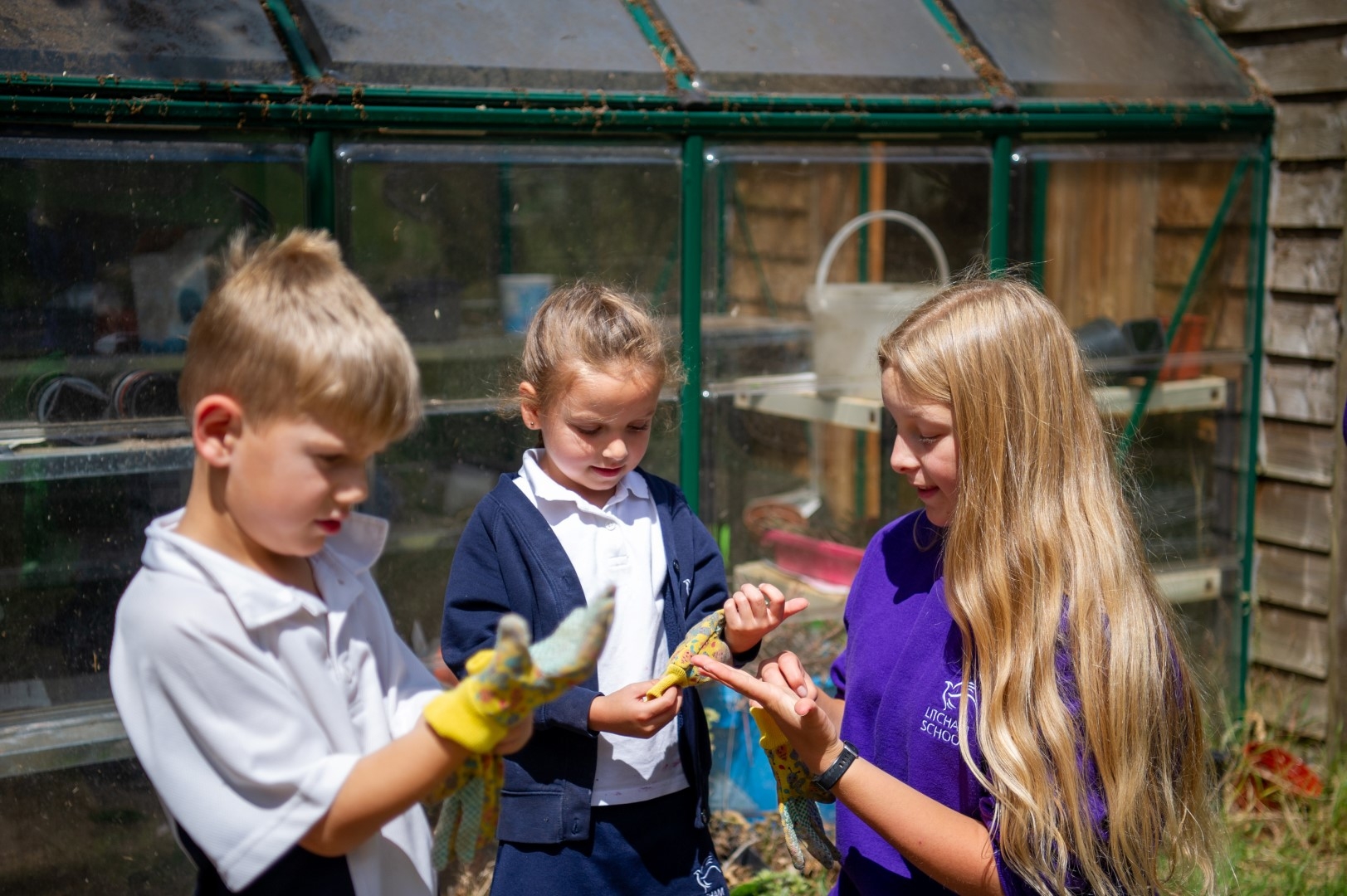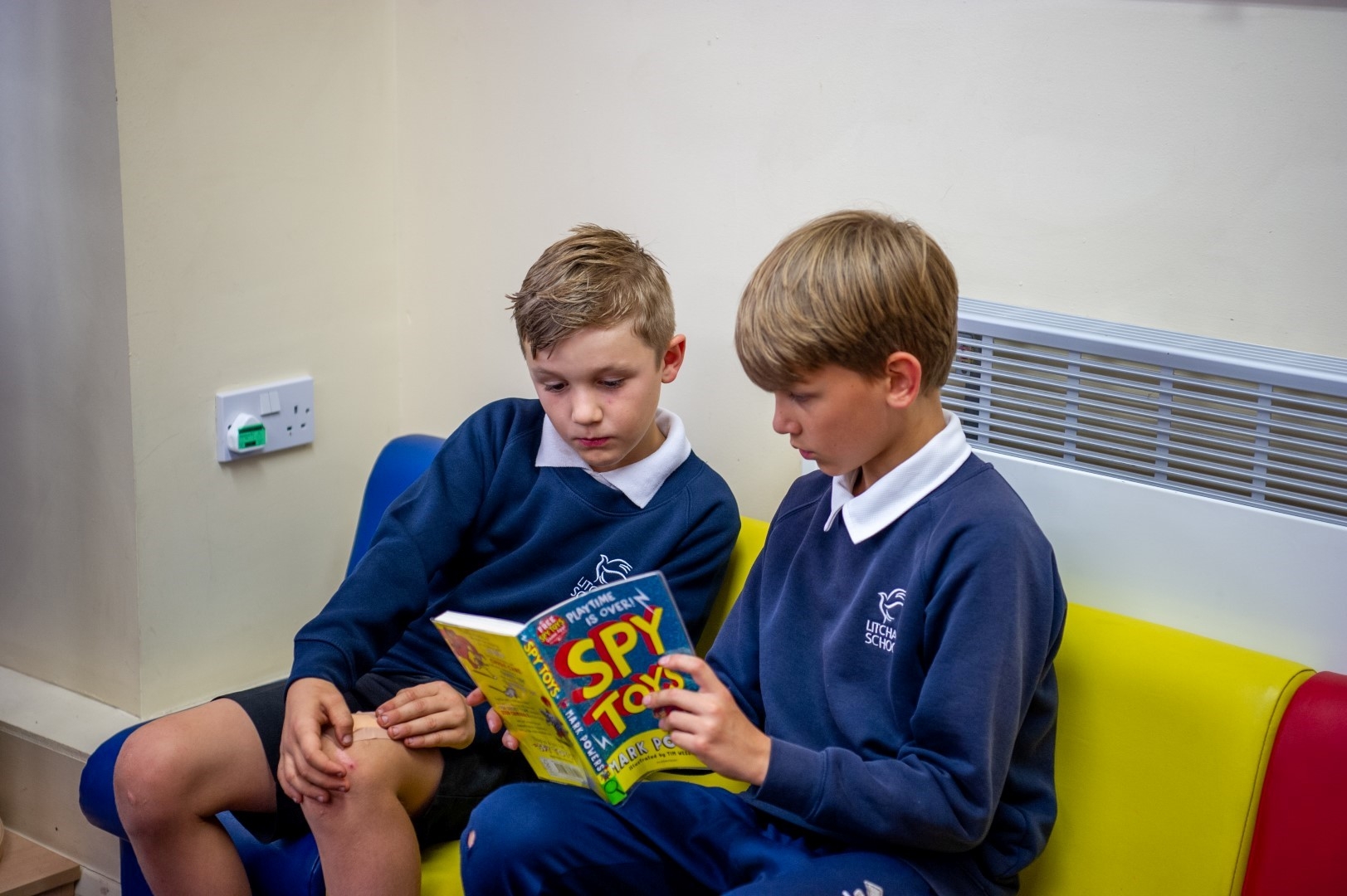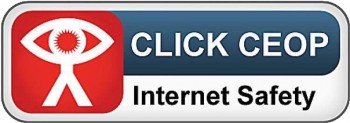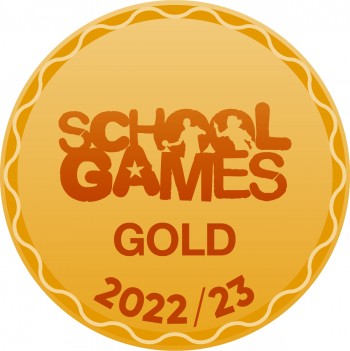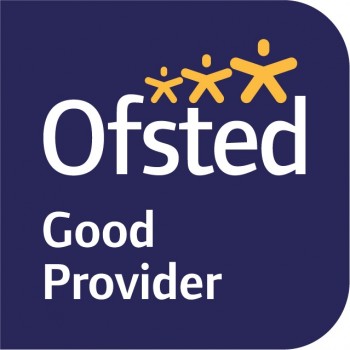Approximately 20% of all pupils will need some extra help during their school life. This may take the form of:
- advice to staff, parents and pupils, provided by class teachers, support staff and/or external agencies (such as educational psychologists, behavioural support staff)
- support staff assistance to help the teacher give extra time to the child
- regular short sessions with a specialist such as a peripatetic special needs teacher or speech therapist in order to help the child develop a particular skill
- extra teaching time, “booster classes”, intervention groups, books or equipment.
Often, additional support for a short time enables the child to overcome difficulties. We will, of course, consult with parents when we feel that a child is in need of special or extra help.
If it is felt that a child needs long-term support, an Educational Health and Care Plan (EHCP) may be started. It simply means that a very careful and detailed report is made on the child in order to make a written statement of the child's difficulty and the type and amount of help needed through to adulthood. This is a formal process involving consultation with parents and pupils at all stages.
